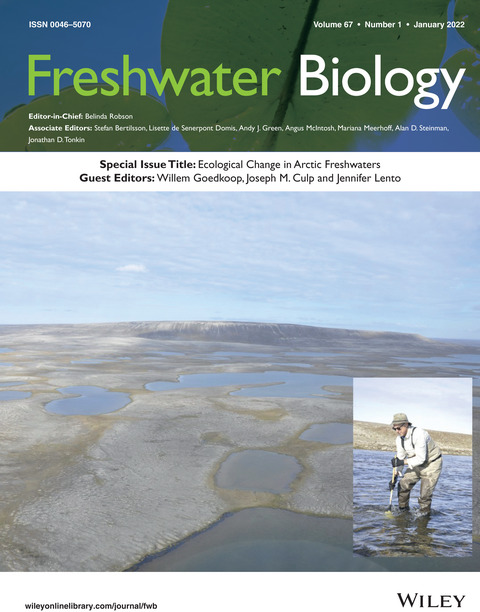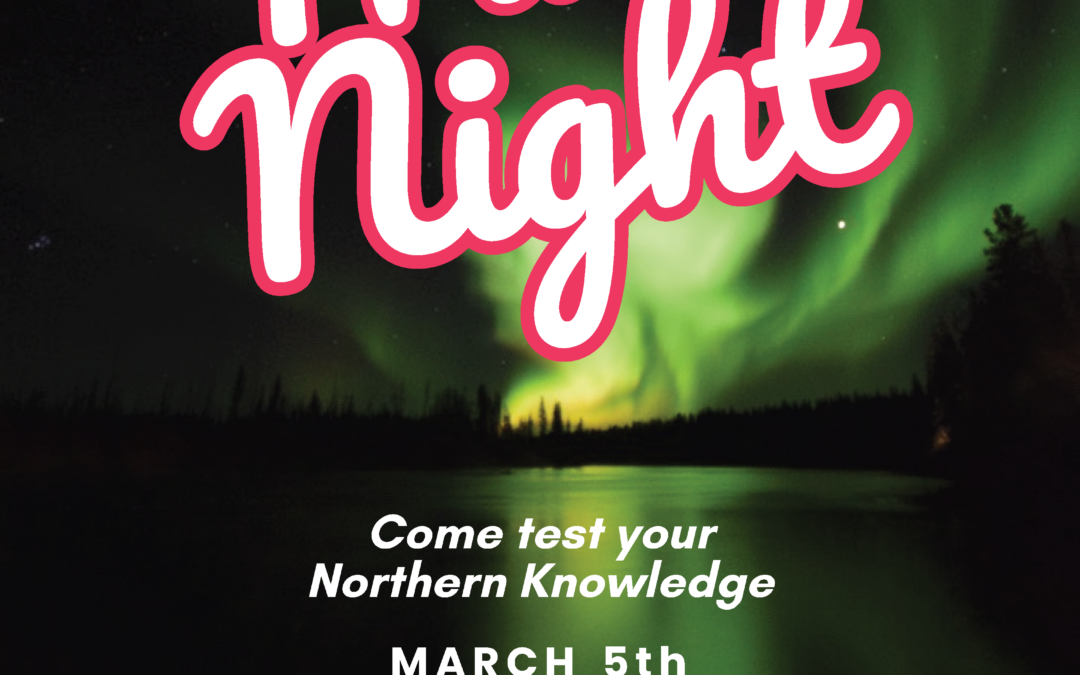


Wildlife Health and Surveillance in a Changing Arctic With Dr. Susan Kutz
In partnership with Indigenous communities, Dr. Kutz initiated and maintains community-based wildlife health surveillance programs with the goal of early detection of change in wildlife populations, protection of public health, and facilitating the incorporation of local and traditional knowledge into wildlife co-management. Her research brings local, traditional and scientific knowledge together to understand the impacts of a warming Arctic on the health of muskoxen and caribou and the consequent effects on food security in the Arctic.
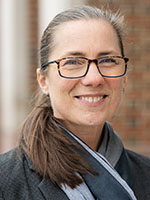
Centering Arctic Knowledge in Climate & Security Cooperation With Melody Brown Burkins
The Arctic region is warming several times faster than the rest of the planet, imperiling Arctic communities as sea ice and permafrost degrade, coastlines erode, Arctic storms intensify, and the seasonal patterns of animals and plants rapidly shift. Amidst these changes, there is increasing pressure for resource extraction, including critical minerals for global transitions to low-carbon economies. Meanwhile, new geopolitical tensions have put cooperative activities with Russia on hold, including meetings of the Arctic Council – a trusted platform for science and policy cooperation between Arctic Indigenous and non-Indigenous peoples for over 25 years. Arctic lands and waters have been stewarded for countless generations by diverse Arctic Indigenous Peoples. To reach sustainable, peaceful solutions to the parallel challenges facing the Arctic today, the co-development of knowledge and policy with Arctic Indigenous communities must be at the heart of future Arctic climate and security cooperation.
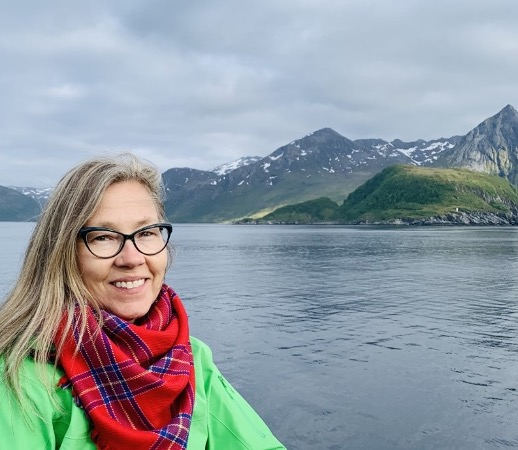
Finding North – Susan Nerberg
What’s the meaning of “north”? Canadians tend to think of themselves as northern, yet most of us are clustered between the 42nd and 49th parallels, latitudes that aren’t even in the boreal region. What does this do to our perception of the North and to our understanding of Canada?
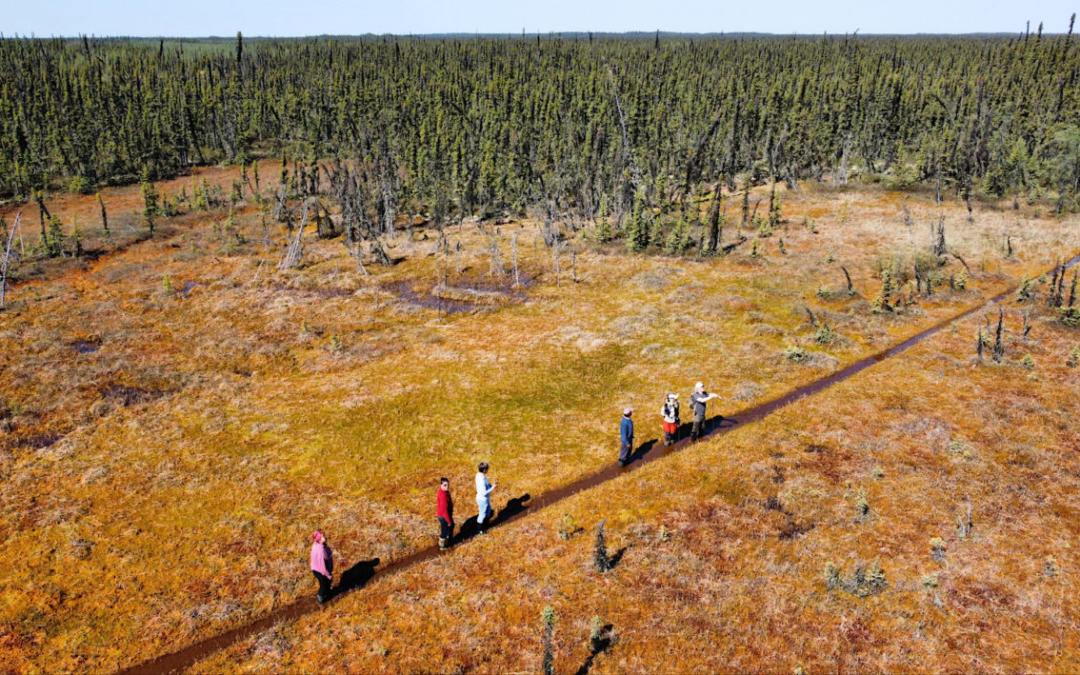
Native Guardians: Canada’s First Nations Move to Protect Their Lands – Yale E360 – e360.yale.edu
The Cold Regions Research Centre invites CRRC-affiliated graduate students to apply for an open position to join our Early Career Researcher Leadership Team.
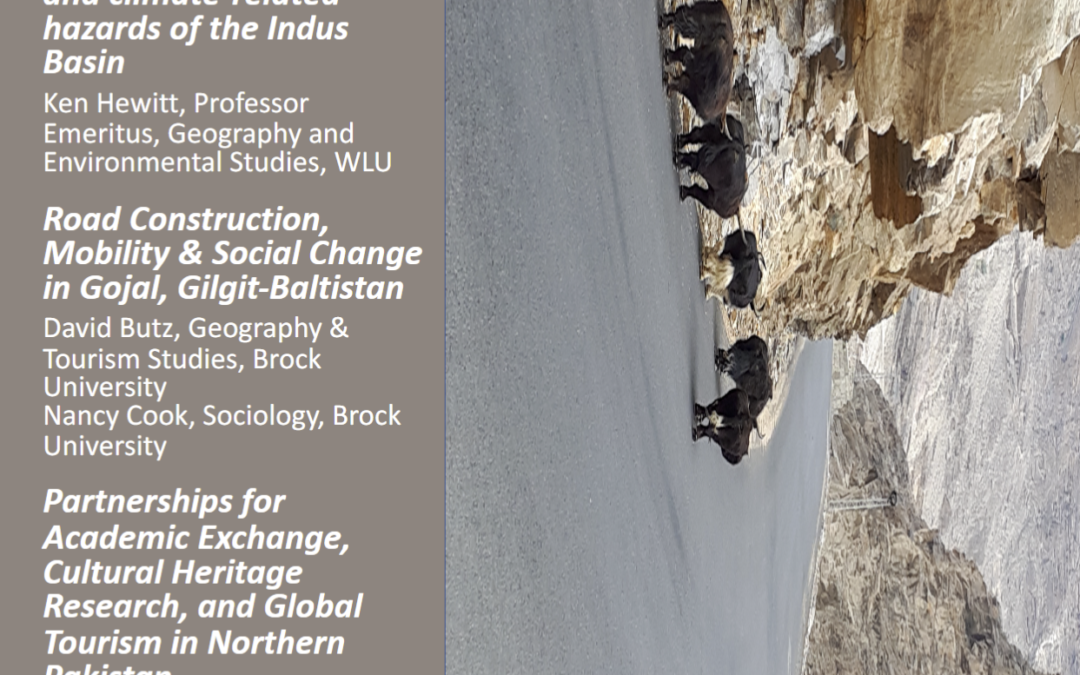
Charting change at the top of the world: Panel discussion on the Upper Indus region, Pakistan
Charting change at the top of the world
Panel discussion on the Upper Indus region, Pakistan

Iteration and Integration – How models guide observations in the NGEE Arctic project
Supported by the Biological and Environmental Research program with the Department of Energy, the overarching goal of the long-term NGEE Arctic project is to advance our understanding of the rapidly changing terrestrial Arctic by combining boots-on-the-ground observations with the predictive power of Earth System models. Our interdisciplinary team spans four national laboratories and the University of Alaska Fairbanks, and we investigate processes at scales from microbe to landscape.
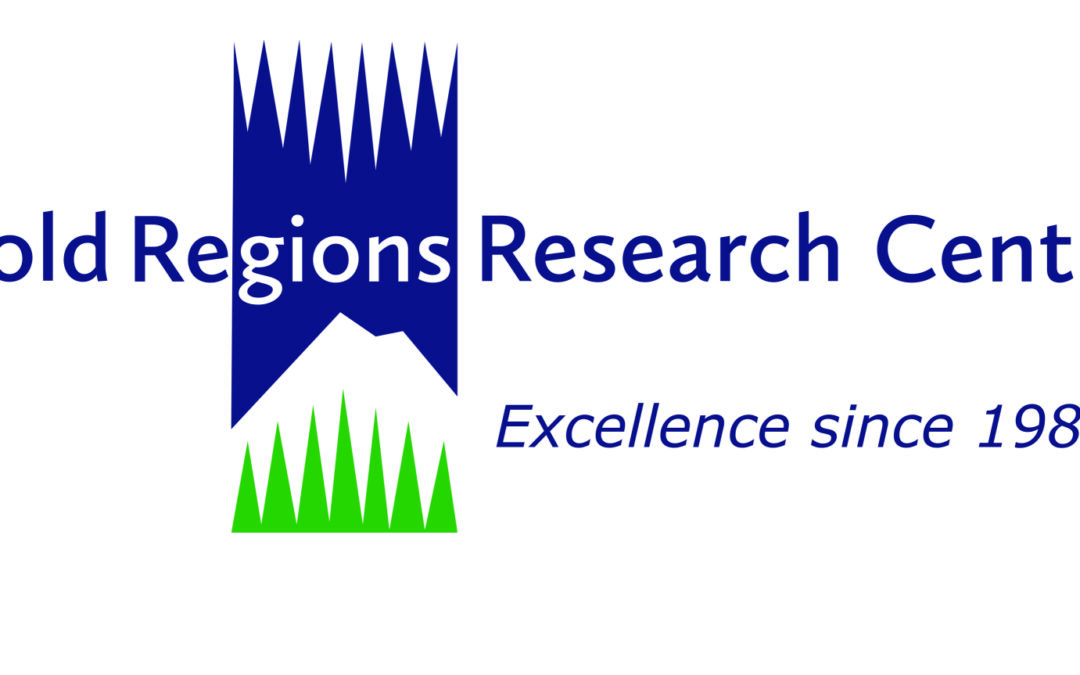
CRRC Annual General Meeting
Do you want to know more about what the CRRC does and how you can get involved?
Then please join us for the CRRC’s Annual General Meeting! The meeting will include a brief report on the centre’s activities over the past year, a preview of the coming year, and provide a forum for questions and feedback about the centre’s operations. Student engagement is highly encouraged. Plus, there will be a CRRC swag giveaway!
